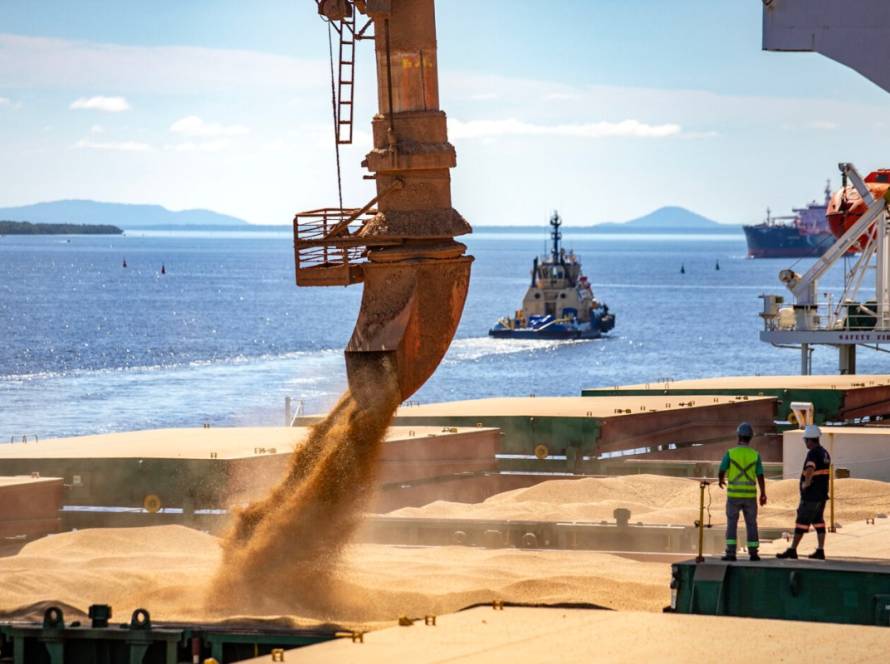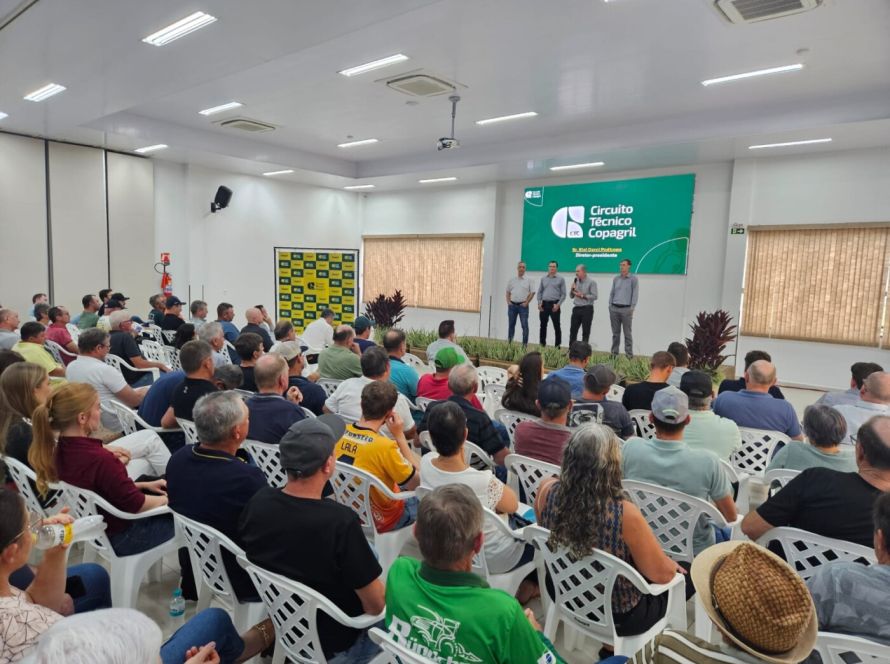The Civil Police of Paraná (PCPR) is on the streets this Wednesday (28) to comply with 135 court orders against a criminal organization investigated for stealing, adulterating and illegally reselling loads of soybeans and fertilizers. The criminal scheme mixed sand with the diverted soybeans, generating losses estimated at more than R$15 million. The operation has the support of the Federal Highway Police (PRF), which actively contributed during the investigative phase.
 Thirty-seven preventive arrest warrants, 41 residential search warrants, 17 searches and seizures of trucks and trailers used in the crimes, and 40 orders for the seizure of assets are being served. The warrants are being executed simultaneously in Curitiba, São José dos Pinhais, Fazenda Rio Grande, Paranaguá, Ponta Grossa, Laranjeiras do Sul, Congonhinhas and Nova Fátima, in Paraná, as well as Goiânia (GO).
Thirty-seven preventive arrest warrants, 41 residential search warrants, 17 searches and seizures of trucks and trailers used in the crimes, and 40 orders for the seizure of assets are being served. The warrants are being executed simultaneously in Curitiba, São José dos Pinhais, Fazenda Rio Grande, Paranaguá, Ponta Grossa, Laranjeiras do Sul, Congonhinhas and Nova Fátima, in Paraná, as well as Goiânia (GO).
The investigation began in 2022 after the theft of a fertilizer shipment valued at R$$ 95 thousand. During the investigations, the PCPR identified more than 100 shipments of soybeans and fertilizers diverted by the criminal organization, resulting in losses exceeding R$$ 15 million.
The diverted cargo was taken to clandestine warehouses, where the soybeans were adulterated with sand. The products were then bagged to appear intact and sold as legitimate. In some cases, the adulterated soybeans were even shipped for export.
Fertilizers were also diverted and adulterated with materials such as limestone and silicate. After these mixtures, the products were packaged and sold illegally, generating significant losses for rural producers and directly harming agricultural productivity.
The PCPR delegate responsible for the investigations, André Gustavo Feltes, stated that the actions of the criminal organization are serious and highlighted the economic and institutional losses caused by the adulteration of agricultural cargo.
“The adulteration of soybeans and fertilizers causes immediate economic losses to rural producers and exporters, directly compromises crop productivity and can even affect Brazil’s international reputation,” said Feltes.
Driver recruitment
 One of the criminal organization's main methods was to recruit drivers. The PCPR found that the gang had drivers permanently hired by fictitious companies to frequently divert cargo. In addition to these, other drivers were occasionally recruited to divert cargo from the original routes to the clandestine warehouses. The deliberate participation of these drivers was crucial to supplying the criminal scheme.
One of the criminal organization's main methods was to recruit drivers. The PCPR found that the gang had drivers permanently hired by fictitious companies to frequently divert cargo. In addition to these, other drivers were occasionally recruited to divert cargo from the original routes to the clandestine warehouses. The deliberate participation of these drivers was crucial to supplying the criminal scheme.
Among the crimes investigated by the PCPR are qualified theft, qualified receiving of stolen goods, ideological falsehood, adulteration of agricultural products, misleading consumers, simulated duplicates, money laundering and criminal organization.
Notary publics
The investigations also revealed that fake invoices were issued by companies with no legitimate ties to those involved, many of which had closed their records or were acting exclusively as “notaries”. These documents simulated fictitious commercial transactions to give the appearance of legality to the transportation and resale of the adulterated products.





